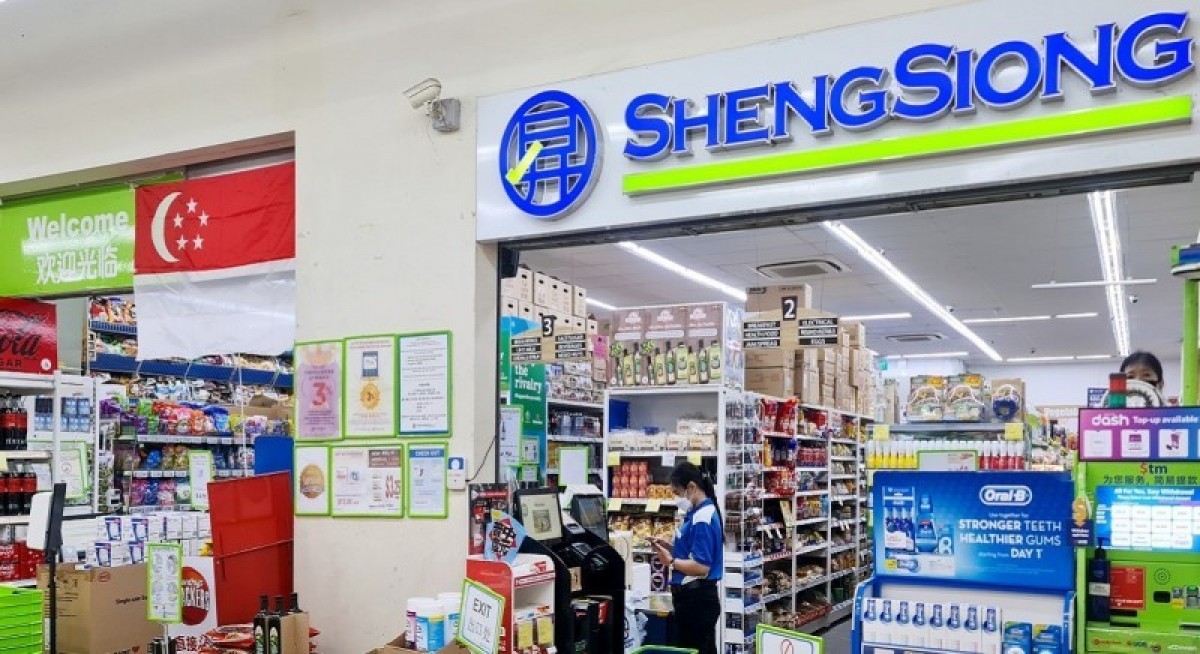For its existing Mandai facility, the group may operate there for up to two years from the Temporary Occupation Permit (TOP) of the Sungei Kadut property, with a mandate to sell within two years of TOP or by Dec 17, 2031, whichever is earlier.
Overall, the group expects to invest about $520 million – including land rental to JTC over the lease, plant and machinery, building and construction, solar installation, cold rooms, fit-out, and related costs. The Sungei Kadut property will include multiple temperature-controlled storage zones with integrated food processing.
Funding will come from internal resources and borrowings. The group plans to deploy advanced warehousing and distribution automation technology in the new facility.
“With a larger footprint and new technology, Sheng Siong aims to strengthen warehouse management, lift cost efficiency, and maintain the flexibility to support future store expansion,” says DBS.
See also: Analysts mostly bullish on EQDP's impact on SGX; Morningstar views tailwind as ‘temporary’
In DBS’ view, the acceptance of the offer was expected, but the mandatory investment and higher estimated capex came as a surprise.
DBS thinks that the elevated outlay is intended to the distribution centre that aligns with the government’s plan to transform Sungei Kadut into a high-tech manufacturing district. Although management did not detail the $520 million estimate, the research house views it as a high-end figure given the company’s conservative stance.
See also: RHB's Yeo raises Frencken's target price to $2.03 with demand picking up from customer restocking
Some costs could be recouped via a sale of the Mandai Link facility, which DBS estimates at about $100 million. “On our rough breakdown, capex comprises $40 million for land, $300 million for building, and $180 million for plant and machinery. On this basis, annual depreciation could exceed our initial view of $10-20 million at about $30 million,” says DBS, estimating a bottom-line impact of about $25 million after a 17% corporate tax. This represents 15% of DBS’ FY2026 earnings forecast.
On current trajectory, Sheng Siong could be operating close to 100 stores by end-2029, well above the present optimal capacity of its existing distribution centre, which is estimated to be about 70 stores after expansion and automation. New capacity is therefore necessary to create headroom for efficiency gains that, over time, should more than cover higher depreciation.
“With a state-of-the-art distribution centre, Sheng Siong will be better positioned than peers to deliver stronger value to consumers while sustaining healthy margins,” says DBS.
As at 1.00pm, shares in Sheng Siong are trading at $2.09.




